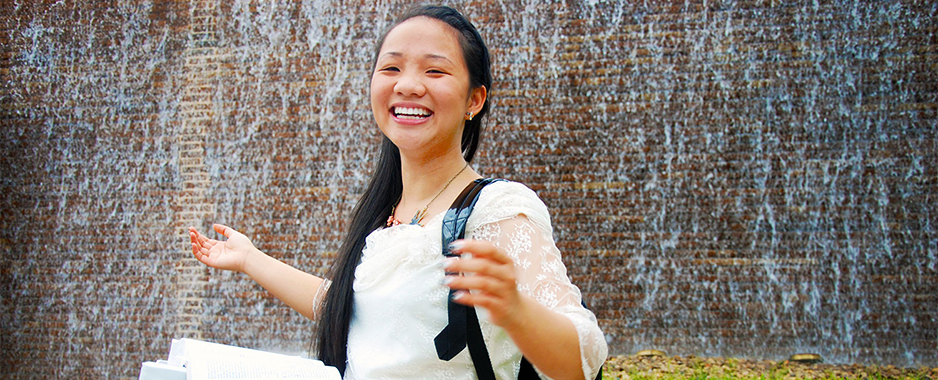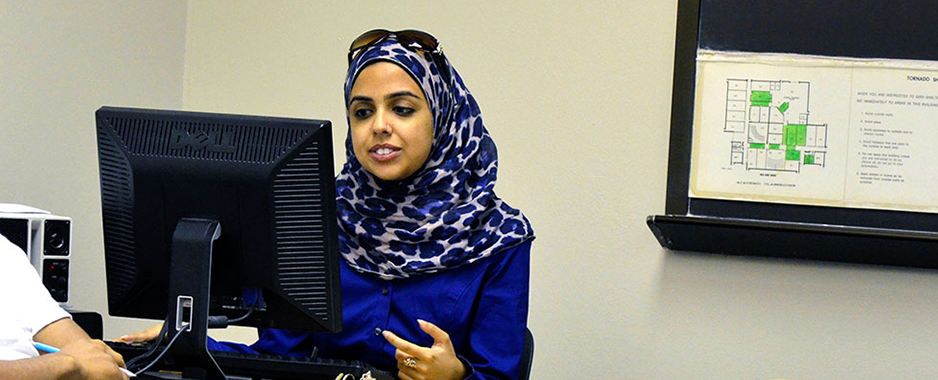By Caroline Manausa/reporter
Just as road maps help travelers chart efficient journeys, good time management skills help students pave their way to academic success, an advisor and counselor said Sept. 9 on SE Campus.
“Maps help you reach your destination,” said Joyce Fisher in her workshop, The Secret to Success: Organization and Time Management. “It’s the same way in a college.”
The purpose of time management, she said, is to set clear goals, such as finishing a degree or getting a job.
“Treat college like a Monday-through-Friday job and finish early so you won’t fall behind,” she said.
An effective plan saves time and money by establishing long-range goals, and Fisher suggested starting with a monthly planner that zeros in on day-to-day activities.
Using a blank chart and colored pencils, workshop participants filled in their activities for seven days. Different colors were used for different activities so students could see their time patterns.
“The first thing, before you can manage your time, you have to find out how you’re spending it,” she said.
Fisher said too much time spent in some areas and blank spaces in others could reveal opportunities to improve time management.
Using overhead screens and visual aids, Fisher suggested several ways for students to make the most of their time, such as putting class assignments and test dates in a monthly planner, prioritizing tasks by their importance, creating to-do lists and then checking off completed tasks and developing a schedule and sticking to it.
Instead of cramming for tests at the last minute, Fisher recommended breaking up study time into one-hour segments followed by 10-minute breaks.
The human brain tends to lose focus after one and a half hours of uninterrupted study, she said.
“You can read, but you won’t absorb,” she said.
Like a muscle, Fisher said the brain gets tired and needs to recharge. She suggested taking a walk or a nap or watching the clouds go by.
Another element of efficient time management includes reducing clutter, Fisher said.
“How do you find your things in a mess?” she said.
Fisher asked students to share their methods for clutter control.
One woman said she uses crates to hold personal items in the car. Another woman said color-coordinated notebooks help her identify class subjects at a glance.
Fisher then held up items that could further improve organizing clutter, such as a calendar, color tabs instead of bookmarks, sticky notes or index cards for quick reference and color-coded markers.




























